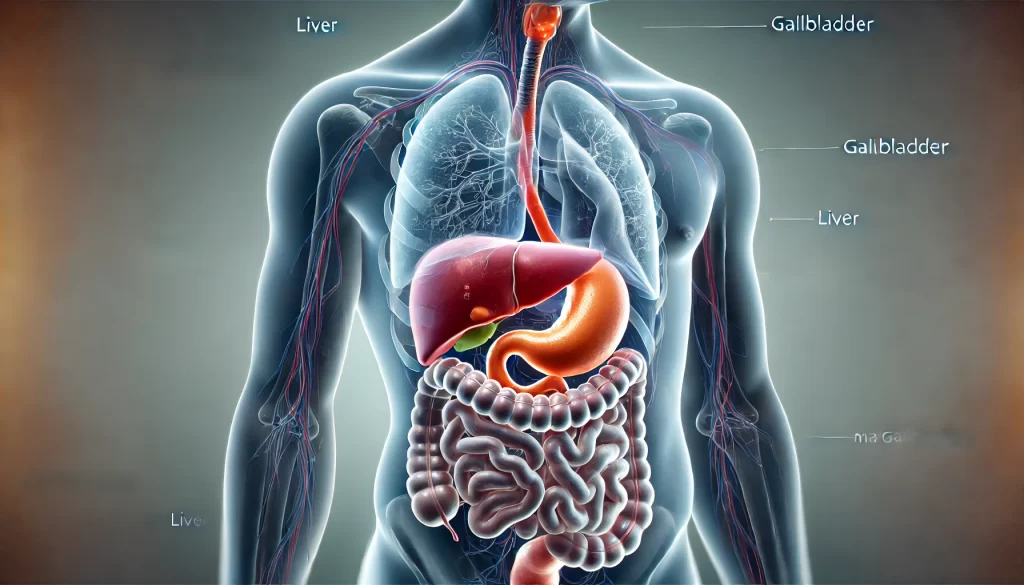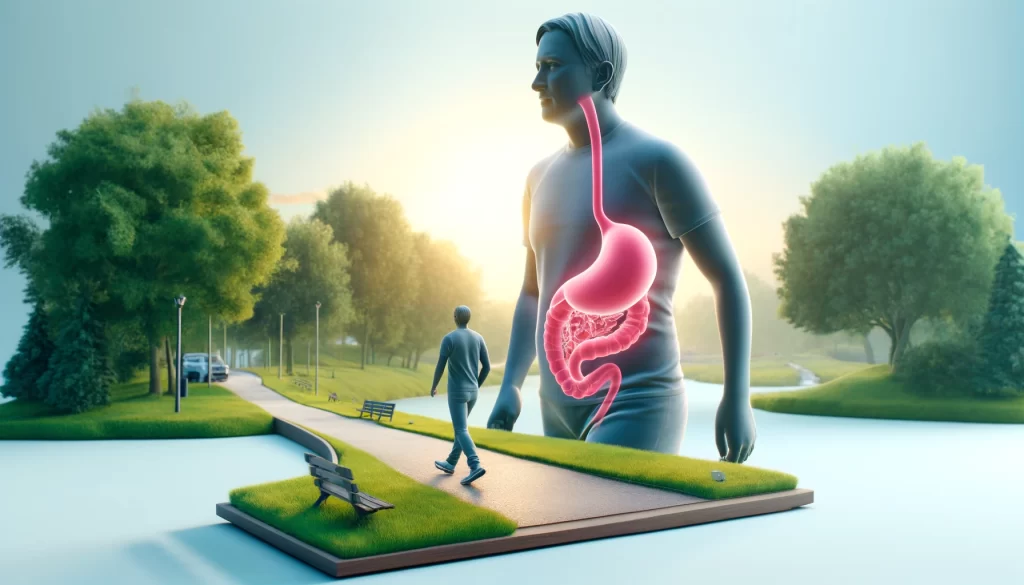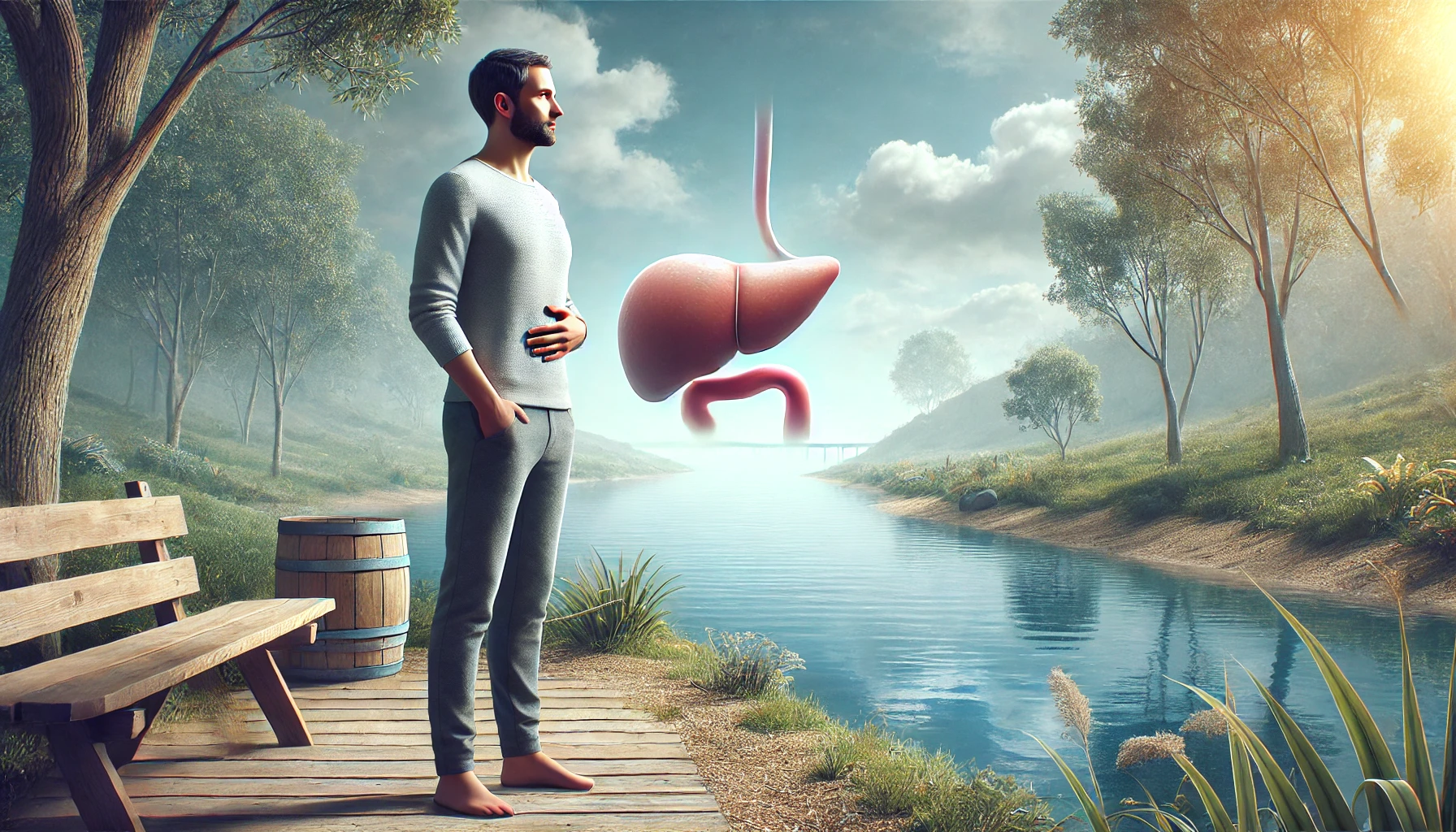Table of Contents
Can you live without a gallbladder? This question might cross your mind if you’ve been advised to have your gallbladder removed or know someone who has. The gallbladder, though small, plays a role in your digestion. But what happens when it’s gone? This article will uncover the shocking reality of living without a gallbladder, from what changes in your body to how you can adjust your lifestyle to maintain good health. Whether you’re curious or preparing for surgery, this guide will provide all the insights you need.
What Does the Gallbladder Do?

Under your liver is a little, pear-shaped organ called the gallbladder. Its main job is to store bile, a fluid produced by the liver that helps digest fats. But can you live without a gallbladder? The answer is yes, but first, let’s explore its function.
The Gallbladder’s Role in Digestion
Upon consuming meals, particularly those high in fat, your gallbladder discharges bile into the small intestine. This bile breaks down fats, making them easier for your body to absorb. Without a gallbladder, your liver still produces bile, but it drips continuously into your digestive system, which can change how your body processes food.
Why Do People Have Their Gallbladder Removed?

Cholecystectomy, or removal of the gallbladder, is one of the most frequent surgical procedures. But why is it necessary? Often, people have their gallbladders removed due to gallstones, which can cause severe pain and other complications.
Common Reasons for Gallbladder Removal
The most frequent cause of gallbladder removal is gallstones. These are tiny, hard deposits that have the potential to obstruct bile flow and cause discomfort, swelling, and infection. In some cases, the gallbladder can also become diseased or damaged, making removal the best option.
Can You Live Without a Gallbladder?
So, can you live without a gallbladder? Absolutely. Many people lead healthy lives after gallbladder removal, but there are some changes you might experience.
Immediate Changes After Surgery
Following gallbladder surgery, your body need some time to heal. Changes in your digestive system, like bloating or diarrhea, are possible. These symptoms are usually temporary as your body learns to manage bile without a storage reservoir.
Long-Term Effects of Living Without a Gallbladder
Following gallbladder surgery, your body need some time to heal. Changes in your digestive system, like bloating or diarrhea, are possible. Some people also find they need to eat smaller, more frequent meals to avoid digestive discomfort.
Managing Your Diet Without a Gallbladder
Diet plays a crucial role in how your body adjusts to life without a gallbladder. But is it possible to survive without a gallbladder and yet eat the things you love? Yes, with some mindful eating.
Foods to Avoid
Without a gallbladder, your body may struggle to digest high-fat and greasy foods.These may cause upset stomachs or possibly diarrhea. It’s best to limit foods like fried foods, fatty meats, and full-fat dairy products.
Foods That Help Digestion
However, some foods can facilitate better digestion. Consume an abundance of fruits, vegetables, whole grains, and lean meats. These foods can aid in maintaining the efficiency of your digestive system because they are simpler to digest.
Lifestyle Adjustments for Better Health
Living without a gallbladder might affect other aspects of your lifestyle in addition to your food. Is it possible to have no gallbladder and still lead an active, healthy life? Definitely, with a few adjustments.
Staying Active
Regular exercise is essential for everyone, but it’s beneficial after gallbladder removal. Staying active can help regulate your digestion and maintain a healthy weight, reducing the strain on your digestive system.
Managing Stress
Stress can affect digestion, making it more challenging to adjust to life without a gallbladder.Maintaining the proper functioning of your digestive system can be achieved by engaging in stress-reduction practices such as deep breathing, yoga, or meditation.
Also Read: Can You Freeze Eggplant? Discover the Shocking Results Today
Understanding Potential Complications
While most people adjust well, there are potential complications to be aware of. Can you live without a gallbladder and stay clear of these problems? Being informed is the first step.
Post-Cholecystectomy Syndrome (PCS)
Some people develop Post-Cholecystectomy Syndrome (PCS), which can cause symptoms like pain, nausea, and diarrhea long after surgery. It’s critical to consult your doctor if you encounter these symptoms so that they can be appropriately managed.
Digestive Troubles
Without a gallbladder, your digestive system may sometimes struggle, leading to bloating or diarrhea. Dietary changes can often help manage these problems, but it’s imperative to consult a doctor if they don’t go away.
Can you live without a gallbladder? Yes, and a lot of people succeed in doing so. Although there could be some early adjustments, most people discover that living without this little organ allows them to live long, healthy lives. By understanding the changes that come with gallbladder removal and making mindful adjustments to your diet and lifestyle, you can thrive without a gallbladder. Always consult with your healthcare provider for personalized advice, and remember that your health journey is unique.

